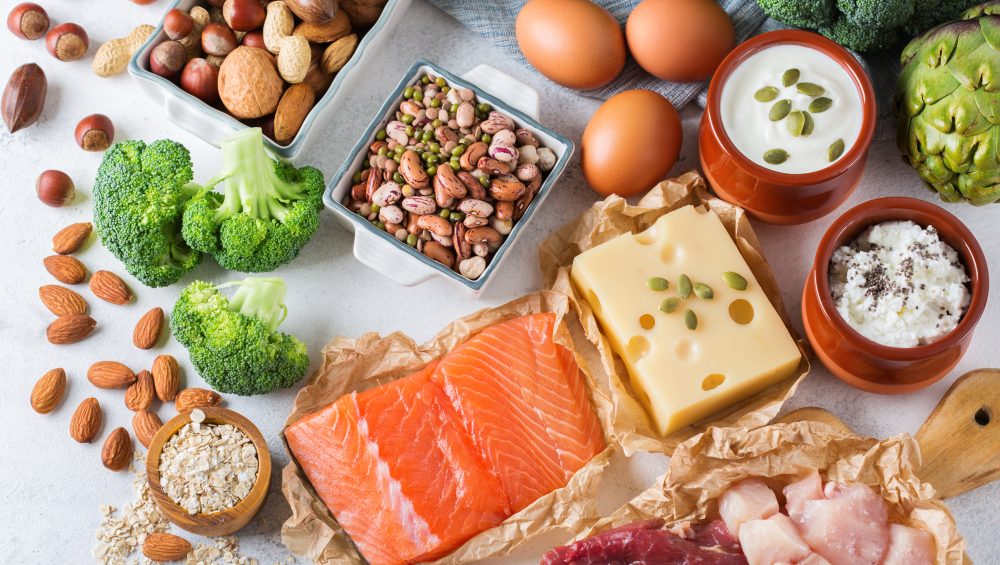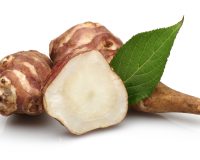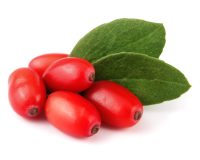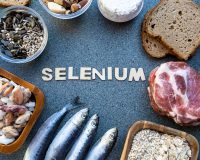4 Tips For Maintaining Your Protein Stores
If you’re wondering how to add more protein to your diet and why it’s a good idea, look no further. Protein is a very important part of the body, and deficiency usually results from a lack of it in your diet. If the body does not get enough protein, it can reduce lean body mass as well as muscle function and strength. In this article, we will tell you how to maintain your body’s protein stores.
First, we will discuss the importance of protein overall. Then, we will cover plant-based vs. animal-based proteins, protein as part of a diet, and some things to know about protein. Once you have finished reading, you will have the facts you need to maintain your body’s protein stores.

1The Importance Of Protein
Protein has several functions that help the body maintain its cellular structure in the bones, muscles, cartilage, hair, and skin. It is also responsible for repairing damaged tissues and supplying oxygen when the body needs it. The body also needs protein for digestion and hormone regulation. Research studies suggest that proper protein consumption is extremely vital for optimal human health, growth, and development.
So now, we know a little about what protein is and why eating a high-protein diet is so crucial, but how much protein do you need? According to the National Academy of Medicine, the recommended amount of dietary protein for healthy adults is about 0.8 g protein per kg of body weight (BW) per day. However, individual needs may vary based on the person and their physical activity. For example, athletes, bodybuilders, and gym enthusiasts may consume more protein to help build their muscles and strength. Research states that consuming protein may help reduce the risk of losing lean muscle mass.

2Plant-Based Versus Animal-Based Proteins
If you’re looking to improve your overall health, it’s a good idea to make sure that you include enough protein-rich foods in your meals, but how do you make sure that you’re getting enough protein? What foods are high in protein? There are different types of protein with different sources, mainly either plants or animals. Both plant and animal proteins have “elementary” similarities in that they both contain amino acids, and the body uses them the same way. They differ mostly in their amino acid makeup, specifically whether they are complete or incomplete.
Complete proteins contain all nine essential amino acids, but incomplete proteins lack essential amino acids. There are very few plant-based proteins that naturally contain all nine essential amino acids, but some proteins are complete on their own, such as quinoa. You can find plant-based protein in sources like nuts, oats, broccoli, quinoa, lentils, tofu, chickpeas, spirulina, chia seeds, hemp seeds, potatoes, and beans. On the contrary, animal-based proteins are naturally complete because they have all nine essential amino acids. Animal protein sources include eggs, chicken breast, turkey breast, lean beef, and dairy products (milk, cheese, Greek yogurt, etc.).

3Protein As Part Of Your Diet
Proteins are complex molecules that are vital for maintaining cellular structure in the body, providing immune support, and helping the body store other molecules. They are made up of amino acids. The body needs large amounts of protein to provide macronutrients for energy.
Protein is an important part of your everyday diet, and it’s relatively easy to get it from several different foods, both plant- and animal-based. A few examples of plant-based protein sources include nuts, oats, broccoli, and quinoa. Chicken, eggs, beef, and dairy products are a couple of animal-based protein sources. If you’re looking to add more protein to your health regimen, you can also try protein supplements to get a fixed and consistent dosage. With a doctor’s approval and supervision, protein supplements may help provide energy and support muscle strength.

4Facts About Protein
Proteins are complex molecules that are vital to maintaining the body’s cell structure. Protein also helps cell function and regulates body tissues. They have several different functions in the body.
For example, proteins can function as antibodies, enzymes, messengers, structural components, transport, and storage. The body needs large amounts of protein to provide macronutrients for energy. Proteins are made up of amino acids, and each cell in the body contains some amount of protein. Examples of protein include immunoglobulin G (IgG), phenylalanine hydroxylase, growth hormone, actin, and ferritin.
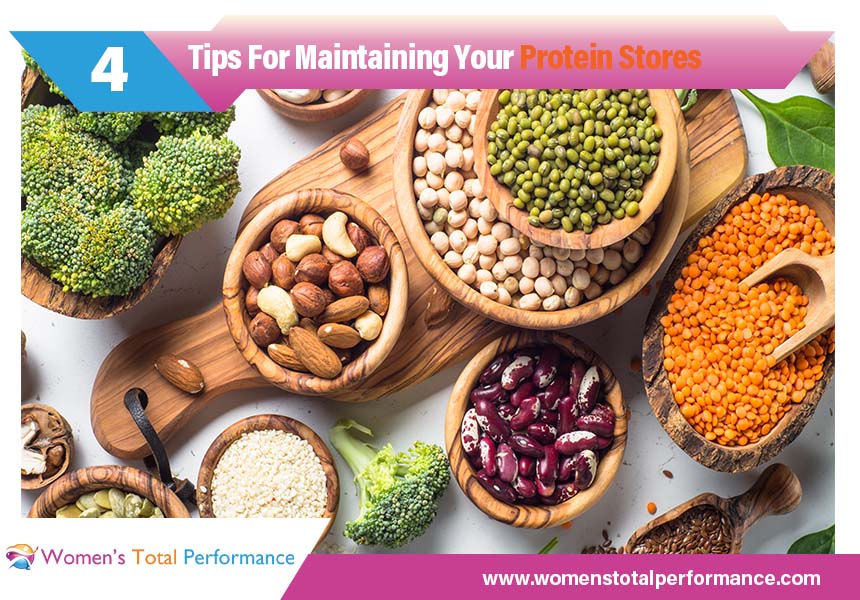
You are in the right place if you’re wondering how to add more protein to your diet and why it’s a good idea. Deficiency usually results from a lack of protein in your diet. Protein is a very important part of your body. Your body can reduce lean body mass as well as muscle function and strength if it doesn’t get enough protein. In this article, we told you how to maintain your body’s protein stores.
First, we discussed the importance of protein overall. Then, we covered plant-based vs. animal-based proteins, protein as part of a diet, and some things to know about protein. Now that you have finished reading, you now have the facts you need to maintain your body’s protein stores.

